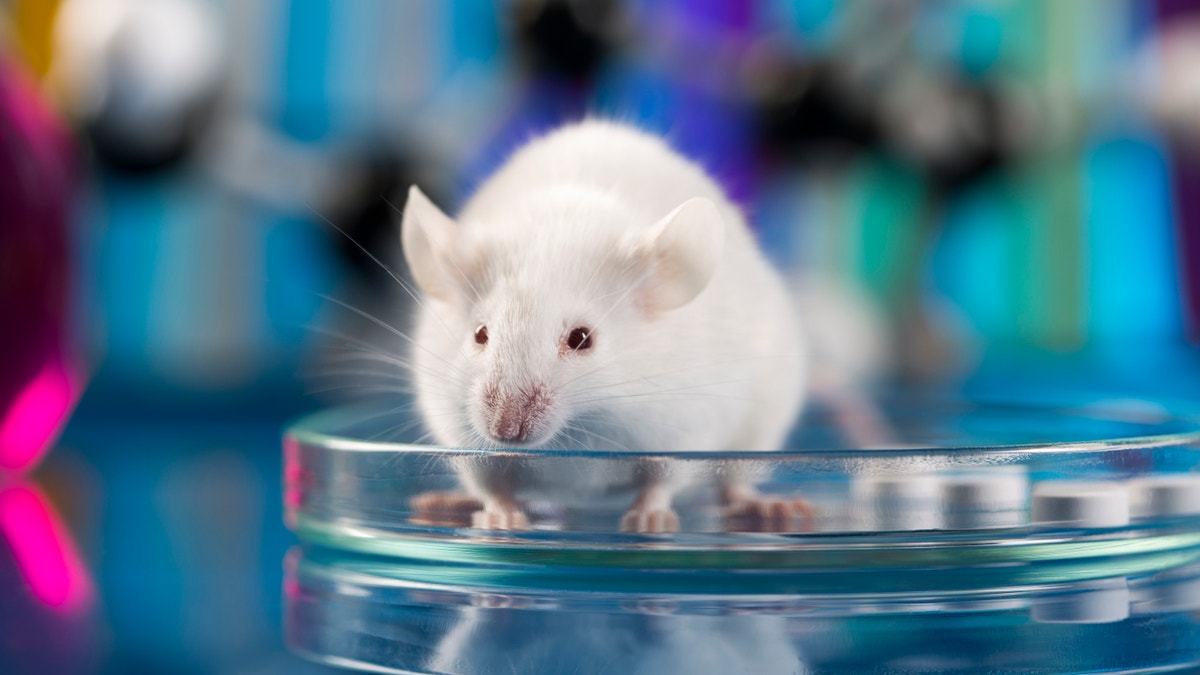
The mice gave birth to healthy offspring and were able to produce milk to feed their pups. (iStock)
Brain plaque connected to Alzheimer's disease actually goes away in mice when researchers removed the enzyme BACE1, which is linked to the development of the disease, according to a new study published in the Journal of Experimental Medicine.
"To our knowledge, this is the first observation of such a dramatic reversal of amyloid deposition in any study of Alzheimer's disease mouse models," senior researcher Riqiang Yan said in a press release.
ALZHEIMER'S DISEASE WARNING SIGNS AND PREVENTION
Scientists are not absolutely sure what causes Alzheimer’s, but buildups of plaque are prime suspects in cell death and tissue loss in patients, according to the Alzheimer’s Foundation.
The study found that when scientists removed the BACE1 enzyme, it not only slowed the formation of amyloid plaque, but they were surprised it also caused existing plaque to disintegrate, Yan told the Chicago Tribune.
"When we looked at the mice later – at six-months and 10-months-old – all those pre-existing plaques were gone," Yan said. He also pointed out that the removal of the enzyme improved learning and memory of the mice with Alzheimer's disease.
ALZHEIMER'S: DOES FAMILY HISTORY GUARANTEE YOU'LL GET IT?
The senior researcher said that five BACE1-inhibitor drugs are in the process of clinical trials as a potential treatment for Alzheimer's disease.
"Our findings should assure the pharmaceutical companies that if you treat people early enough, it not only can stop the growth of those plaques, but will likely help to even remove the existing plaque," Yan said.
